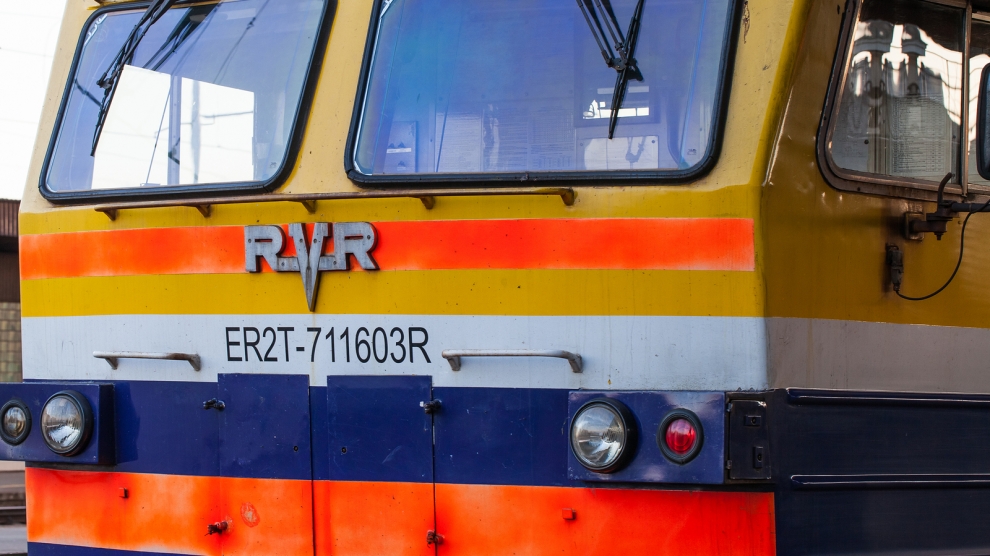The European Commission has given its full approval to a railway electrification project launched by SJSC Latvijas Dzelzcelš (Latvian Railways). After lowering the planned costs from 510 million euros to 441 million euros, the European Commission found the plan to be economically achievable and will provide 347 million euros in funding. The remaining funding will come from the European Investment Bank (EIB).
The project will provide three main benefits, namely improving air quality, speed and cost-efficiency. Presently, electric trains can only be used for passenger transport, but with the initiation of railway electrification, it will become possible for heavier freight trains to use electric power. This not only cuts costs for carriers but will improve air quality of the surrounding areas.
The Latvian Railways president Edvins Berzins said: “This decision allows us to be confident that the backbone of Latvia’s passenger transportation system will be a modern and environmentally-friendly railway. Moreover, it also marks another step in Latvia’s path towards compliance with the European Union’s fundamental principles aimed at developing an environmentally-friendly transport system and will significantly promote Latvia’s international competitiveness in the North-South and West-East transport corridors.”
In a statement, the EU transport commissioner, Violeta Bulc, emphasised the positive impact the project will have on the competitiveness of the Latvian economy. “By cutting costs and travel times, this Cohesion Policy project will boost jobs and Latvia’s economy by facilitating transit traffic and trade through the Baltic States,” she said.
The electrification project will be completed in phases, with the first phase expected to complete by 2023. This will involve the electrification of the east-west section of the railway, notably the Riga-Krustpils, Krustpils-Daugavpils and Krustpils -Rēzekne lines. The second stage of the project is planned to be completed by 2025 and it will be completed in its entirety by 2030.
Currently, only 257 kilometres of the Latvia’s 1,860 kilometre railways are electrified, or around 14 per cent. The project will electrify another 840 kilometres, ensuring that 59 per cent of Latvia’s railways will be electric. The EU average is currently 55 per cent.






Add Comment